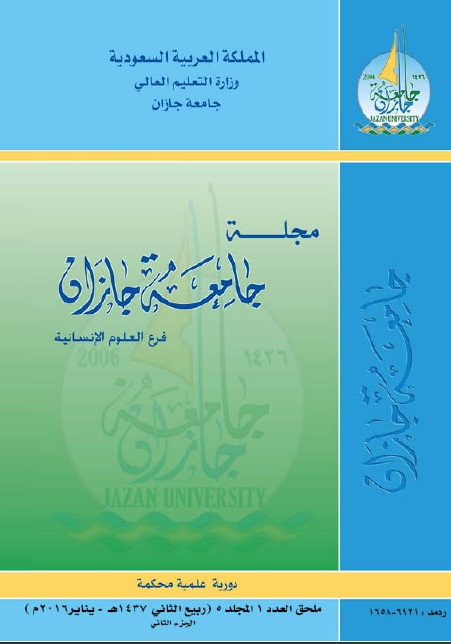The Efficiency of Monetary Policy in Economic Activity in Developing Countries: The Case of Syria Over the Period (1996-2010)
Abstract
This study aims to investigate the efficiency of monetary policy in the Syrian economic activity over the period (1996-2010). A Vector Autoregression (VAR) model with three variables; Gross Domestic Product (GDP), money supply (M2) is utilized. Phillips-Perron test has been applied to test the stationarity of the variables. The results have shown that GDP is stationary at its level; whereas money supply becomes stationary at the second difference. Two major tools were employed to explain the results; variance decomposition and impulse response function. The results were found to be consistent with economic theory and with the results of some other studies for other countries in the sense that money supply has a positive impact on GDP. Finally, to check the robustness of the results, the order of the above two variables has been changed in the VAR model once, and a third variable; the government expenditures (G) as a proxy variable for the fiscal policy, has been added another time. It has found that the impact of monetary policy is greater than the impact of fiscal policy on economic activity in Syria. So, this study recommends that focusing on monetary policy in Syria could stimulate the Syrian Economic Activity
Downloads
Downloads
-
PDF (Arabic)
9
0
Published
Issue
Section
License
Copyright (c) 2024 CC Attribution 4.0

This work is licensed under a Creative Commons Attribution 4.0 International License.





